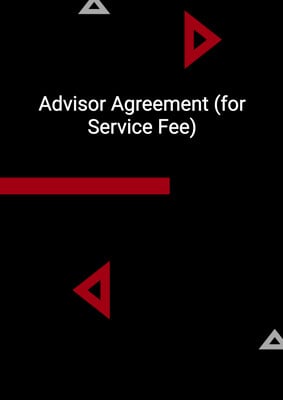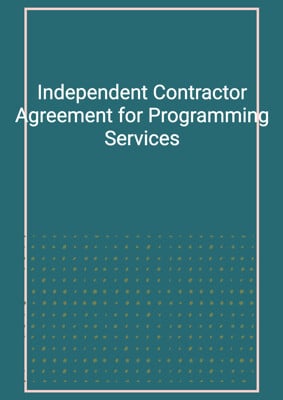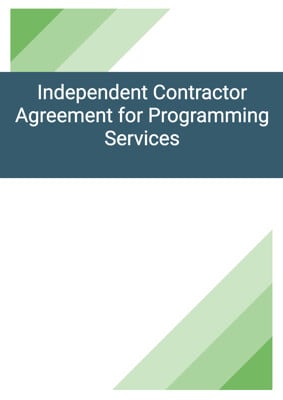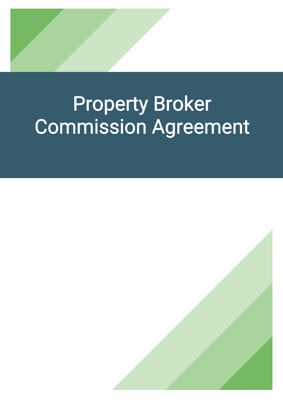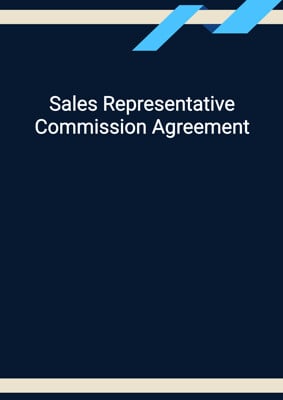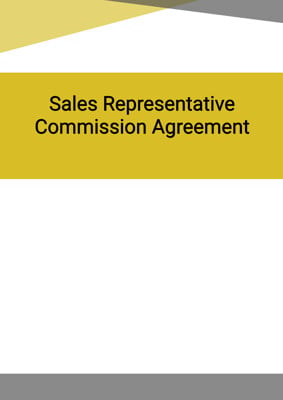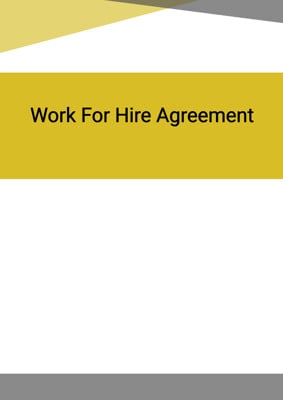How to Tailor the Document for Your Need?
01
Create Document
Fill in the details of the parties. You can click the "Fill with Member’s Information" button to complete it with information saved to your account.
02
Fill Information
Please fill in any additional information by following the step-by-step guide on the left hand side of the preview document and click the "Next" button.
03
Get Document
When you are done, click the "Get Document" button and you can download the document in Word or PDF format.
04
Review Document
Please get all parties to review the document carefully and make any final modifications to ensure that the details are correct before signing the document.
Document Preview
Document Description
The 'Letter of Secondment' is a document that confirms the arrangements between the employer and the employee regarding the employee's secondment to another country. The document starts by highlighting the importance of the secondment and emphasizes that the employee will remain employed by the company during the secondment, with their current terms of employment remaining unchanged, except for the terms specified in the letter.
The letter provides a detailed introduction to the entire document, explaining that the secondment counts as part of the employee's current employment and will not break the continuous period under their current contract. It also mentions that the company intends to place the employee back in their current position after completing the secondment, or in an equivalent position if the role no longer exists.
The document then proceeds to outline the specific details of the secondment, including the start and end dates. It states that prior to the secondment, the company will provide assistance, relevant documents, and reimburse the costs associated with obtaining the required work permit. The company will also arrange for the employee to receive tax advice and reimburse any costs for relocation.
During the secondment, the employee is expected to abide by the terms of their current employment contract and report to their current supervisor on a regular basis. They will work at the host's premises and abide by the host's policies. The employee must obtain prior approval from the host for any holidays and notify both the host and the company of any absences from work.
The document also covers topics such as appraisals, pay reviews, and employee benefits, stating that the company will handle these matters in accordance with the employee's current employment contract. It mentions that any overtime claims during the secondment must be approved by the supervisor at either the company or the host.
Additionally, the letter addresses confidentiality requirements, stating that the employee must keep certain information about the company confidential, including trade and business secrets. It also includes a non-competition clause, stating that the employee cannot take up any employment offers with the host for 12 months after the end of the secondment without prior written consent from the company.
In summary, the 'Letter of Secondment' is a comprehensive document that outlines the terms and conditions of an employee's secondment to another country, ensuring that both the employer and the employee are aware of their rights, responsibilities, and expectations.
How to use this document?
Guidance for using the 'Letter of Secondment':
1. Review the entire document: Read the entire 'Letter of Secondment' carefully to understand the terms and conditions of the secondment.
2. Confirm your employment status: Ensure that you understand that you will remain employed by the company during the secondment and that your current terms of employment will remain unchanged, except for the terms specified in the letter.
3. Note the start and end dates: Take note of the specific start and end dates of the secondment mentioned in the letter.
4. Seek assistance for work permit: If required, reach out to the company for assistance in obtaining the necessary work permit to work in the host country.
5. Arrange for tax advice: Contact the company to arrange for tax advice with an appropriate adviser designated by the company.
6. Discuss relocation costs: If applicable, discuss with the company the reimbursement of costs for flights, shipping, and relocation for you and your family.
7. Maintain communication with current supervisor: Continue reporting to and being managed by your current supervisor at the company on a regular basis. Keep them informed of any issues or absences from work.
8. Familiarize yourself with host's policies: Read and understand the host's policies, which are attached to the letter.
9. Obtain approval for holidays: Seek prior approval from the host for any holidays during the secondment. Notify both the host and the company of the proposed dates and times.
10. Inform about absences: Notify both the host and the company if you are absent from work at any time.
11. Address concerns with supervisors: If you have any issues or concerns about your secondment or the work you are doing, talk to your supervisor at the host company or your current supervisor.
12. Obtain approval for overtime claims: Before sending any overtime claims for payment, ensure that they are approved by your supervisor at either the company or the host.
13. Maintain confidentiality: Adhere to the confidentiality requirements mentioned in the letter and keep any information about the company confidential.
14. Non-competition clause: Remember that you cannot accept any employment offers from the host for 12 months after the end of the secondment without prior written consent from the company.
By following these steps, you can effectively use the 'Letter of Secondment' and ensure a smooth and compliant secondment experience.
Not the right document?
Don’t worry, we have thousands of documents for you to choose from:



